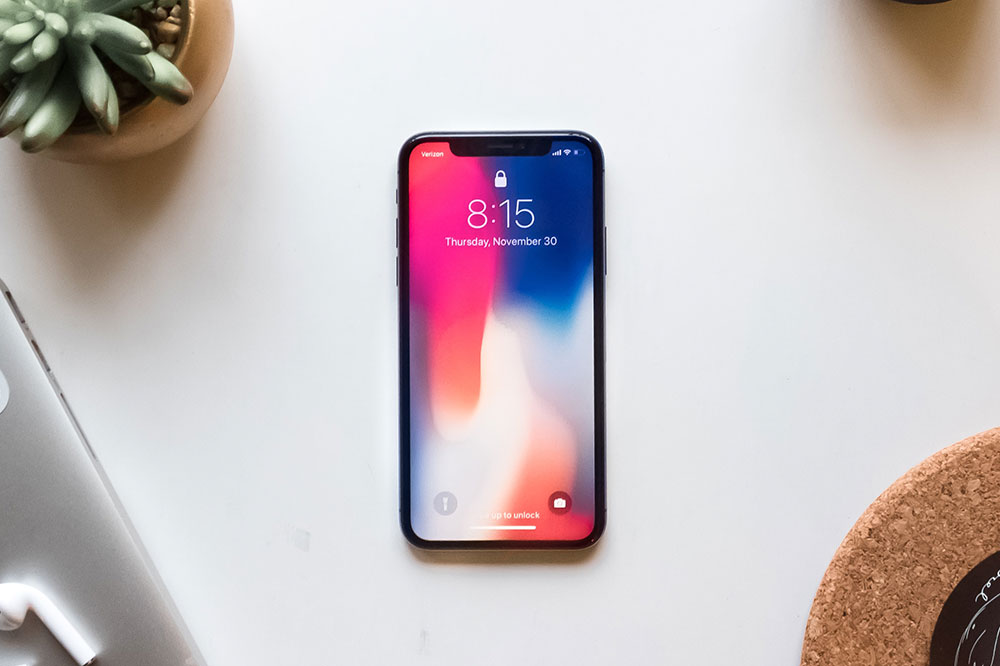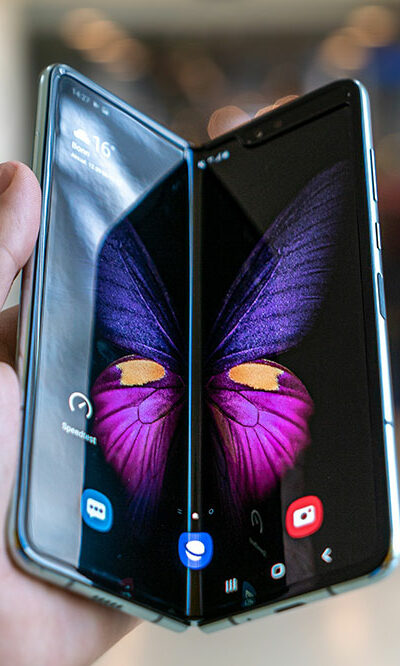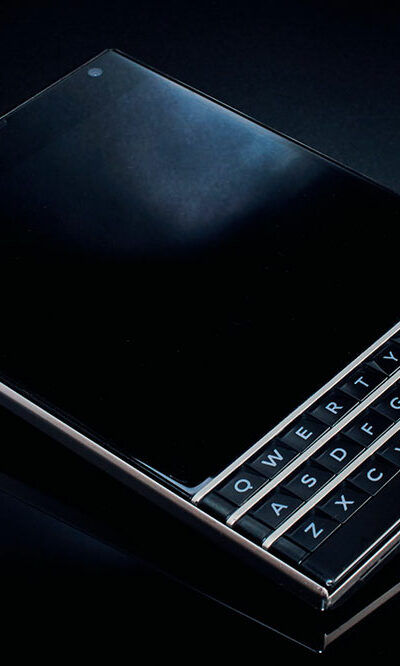A quick look at the iPhone X series models

The iPhone brand has been the father of smartphones since its inception. The first iPhone was introduced by Steve Jobs in 2007, which changed the game for smartphones with its multi-touch and camera capabilities. Since then, there’s no stopping Apple. In 2017, on its 10th Anniversary, Apple revamped the game again with the introduction of the iPhone X. This revolutionary iPhone paved the way for subsequent future iPhones as well, let’s have a look.
iPhone X
This was the first iPhone in which the Home Button was replaced by clever software gestures. It had a 5.8-inch edge-to-edge high-resolution OLED display panel a better notch-superior than the previous generation’s LCD panel. The advantage of OLED is that color reproduction is way better, and it is certainly more power-efficient than the past models.
As for the security, Apple ditched Touch ID and replaced it with the new biometric, Face ID. The front selfie camera, that was embedded in the notch of the iPhone X, was an added style plus. It created a 3D model of the user and worked in low-light with an infrared camera.
In this model, there were two camera sensors on the rear with one telephoto lens and one wide lens. It had an all-new stainless-steel frame that was much stronger than the previous aluminum one. The water-resistance and wireless charging capabilities only added to the superiority of the phone. However, great power comes at a greater price. Apple priced the iPhone X at around $999 and it was the Next Gen “premium” smartphone.
The successors
In 2018, Apple introduced 3 new iPhones- iPhone Xs, Xs Max, and a fairly inexpensive iPhone XR.
- iPhone Xs
The Xs (Ten S) was primarily based on iPhone X’s legacy. It had the same edge-to-edge form factor, but as the name suggested, it was a mere ‘S’ upgrade.







